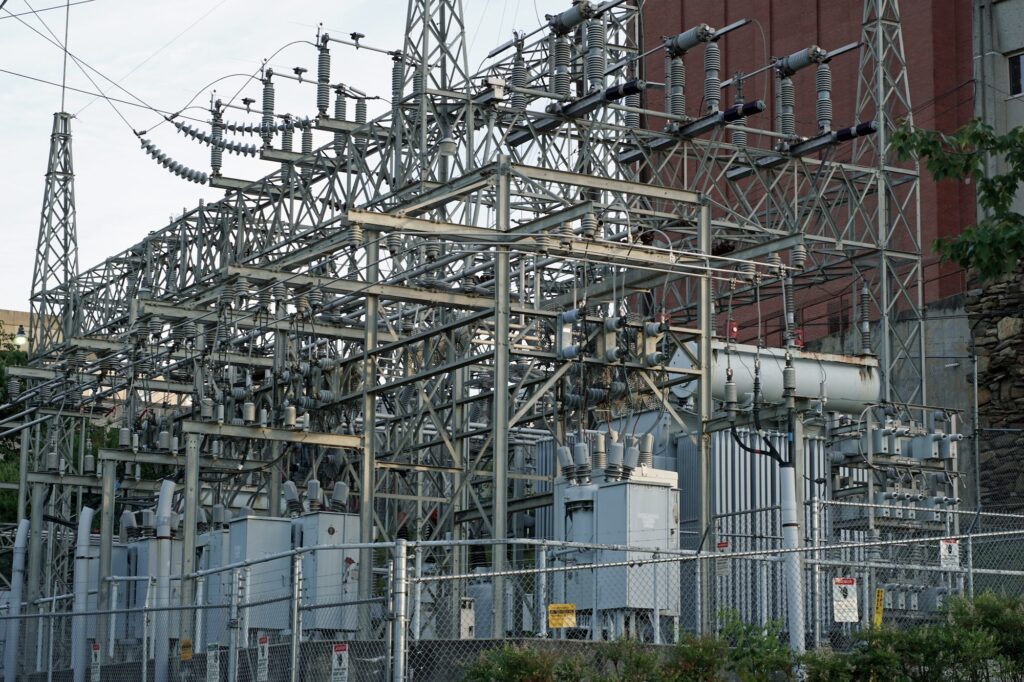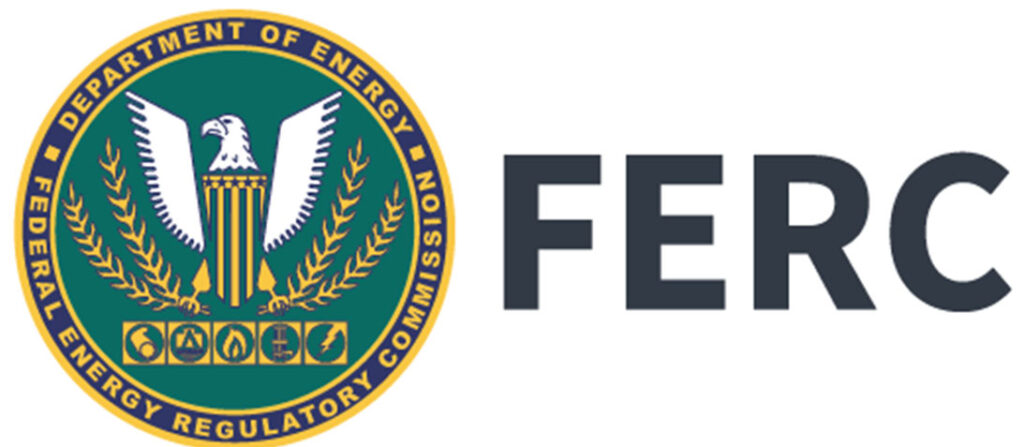Overall, it’s important for gas and electric companies to stay informed about the latest laws and regulations regarding the security of their facilities and systems and to take the necessary steps to comply with these requirements. By doing so, they can help ensure the reliability and security of the energy grid and protect against physical and cyber threats.

Here’s a summary of the key points regarding security laws and regulations for gas and electric substations in the United States:
- Each state has a regulatory agency responsible for enforcing federal laws and regulations regarding the security of gas and electric substations.
- There are no specific state laws governing security at substations, but companies must comply with federal laws and regulations issued by FERC and NERC.
- FERC and NERC have established standards for physical and cyber security, emergency preparedness, and compliance enforcement.
- DHS has established several programs and regulations aimed at enhancing the security of critical infrastructure, including gas and electric systems, through information sharing and collaboration between government agencies and private industry.
The following resources provide more detailed information on the regulations and programs that govern security at gas and electric substations, as well as the latest updates and guidelines for ensuring the reliability and security of the energy grid.
For more information, please contact us.




